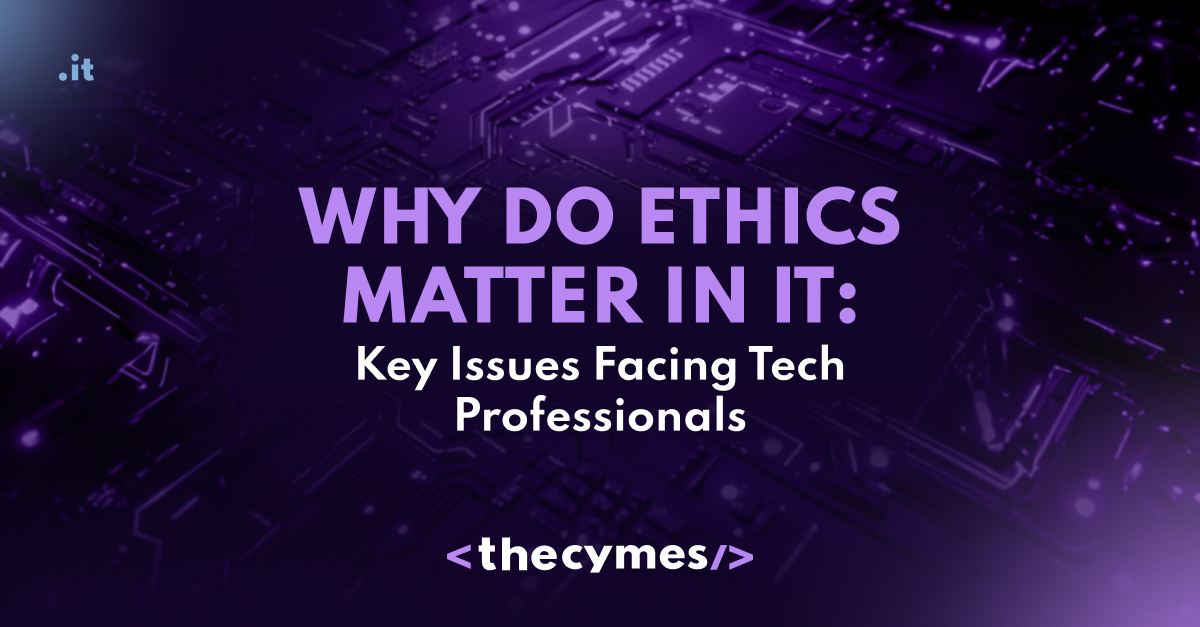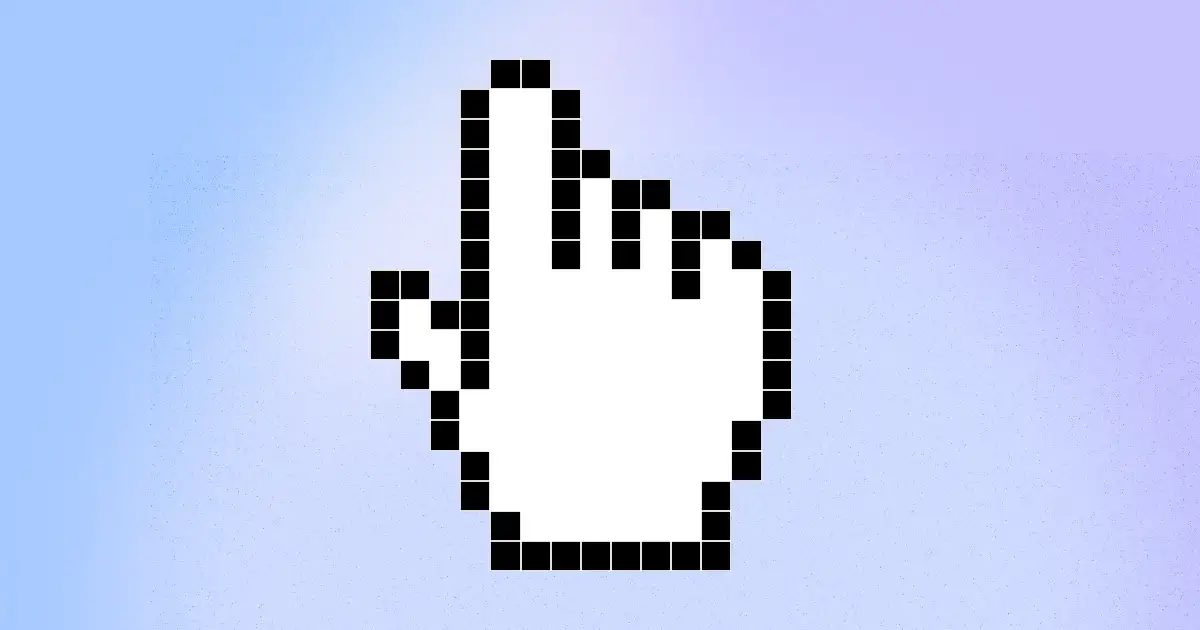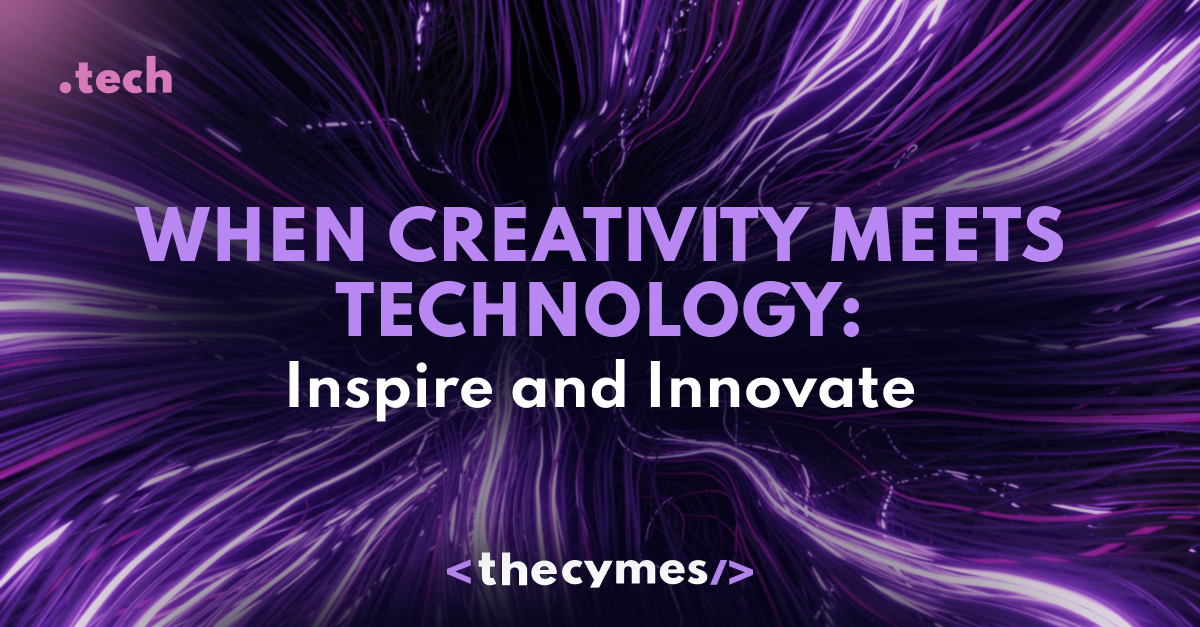.it/tech23 September 12:42
0<
Why Do Ethics Matter in IT: Key Issues Facing Tech Professionals
/>Have you ever thought about how your data stays safe? That's where IT ethics comes in, shaping the digital world! be updated on the latest tech newsGet exclusive news updates and overview on tech market




